Naturally Ripened Mangoes Vs Artificial Ripened Mangoes
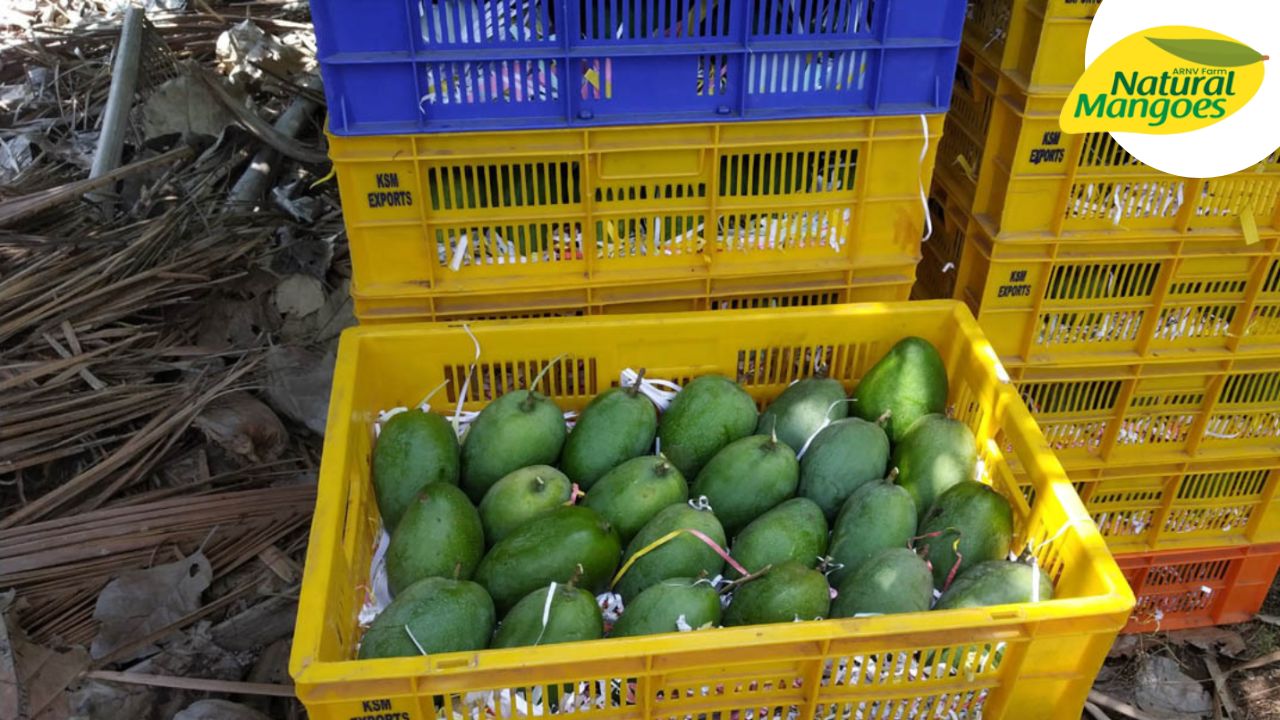
Naturally Ripened Mangoes Vs Artificial Ripened Mangoes differences
There are many myths around mangoes. One of them is that some mangoes don’t ripen on their own and need to be artificially ripened. In this article, we will explore the natural ripening process to help you identify which type of mango you have on your hands.
What are the differences between a naturally ripened mangoes and an artificial mangoes?
If you have a mango and would like to know whether it is a naturally ripened or an artificial mango, the answer is that they are different. A natural mango will look like a green-yellowish peach with brown spots. It may be slightly soft when ripe. The color of the flesh will vary from yellow to light green or orange depending on the variety of the mango. Artificial Mangoes are made from chemicals, so they will not have any of these natural colors and will be white in color. Artificial mangoes are picked green and they are usually ripened using ethylene gas.
A natural mango has been ripened by the sun, while an artificial mango has been treated with ethylene gas to speed up the process. Some people believe that ethylene gas alters the taste and smell of a mango, while others say that it is a negligible issue. Artificial mangoes are typically grown using chemicals and extra lighting. On the other hand, mangoes are typically found in their natural form on trees or hanging from branches. They ripen much faster when exposed to sunlight than artificially grown ones do. It is also important to note that if a mango is too ripe, it will be brown instead of red, so it’s best not to eat it before its time.
Can you still taste the difference?
From a natural perspective, mangoes are harvested when they have ripened on the tree and ready to eat. This is usually around three to five days after a mango fruit has developed fully. Once harvested and brought into market, artificial mangoes are treated with ethylene gas that gives them a sweeter flavor and firmness. Artificial mangoes have become a popular convenience food choice in the past decade, but they are typically made with artificial colors, flavors, and sweeteners that give them their intense color. The problem is that artificial mangoes have minimal mineral content and most likely no vitamin C because of the heat used to ripen them artificially, an artificial mango without vitamin C will last a lot longer than a natural one because it won’t spoil as quickly.
How can you tell when your mango is not a real one?
There are a few ways to tell if the mango you ate was artificial or naturally ripened. One way is by looking at your mango. If it has a yellow-green tint and doesn’t have any brown spots on the skin then this is most likely an artificial mango that has gone through a process called irradiation. The color of the flesh will also be different for both types of mangoes, as natural mangos will be bright orange while artificially ripened mangos will be dark orange or green. Artificial mangoes are made using a chemical process that is different than the natural ripening process. This means that it’s impossible to tell if this is your real mango or not. If your real mango has more of a brown color and feels soft and flexible, then you know it’s a real one. In addition, if your real mango has more wrinkles on its skin, then you know it’s natural.
Conclusion
The most important difference between a naturally ripened mango and an artificial mango is the colors. With a natural one, you can see that the orange color has spread throughout the fruit. Artificial mangoes are largely white with an orange tint on the side and a green tinge near the stem. On close inspection, you will also see that they do not have any fuzz on them or around their edges, which is a sign of freshness in nature.
For more information, please visit our website:
https://www.naturalmangoes.com
http://www.farmfreshmangoes.in


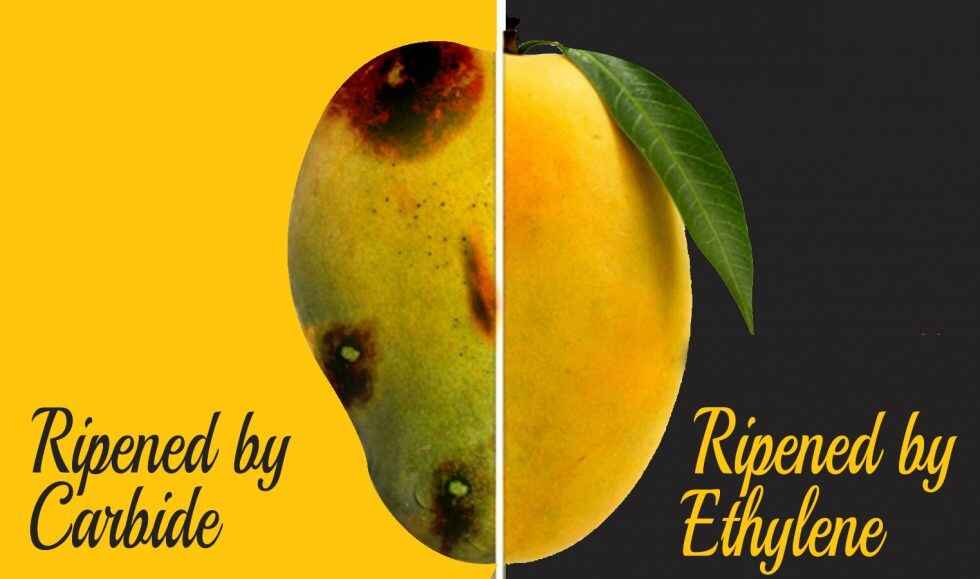
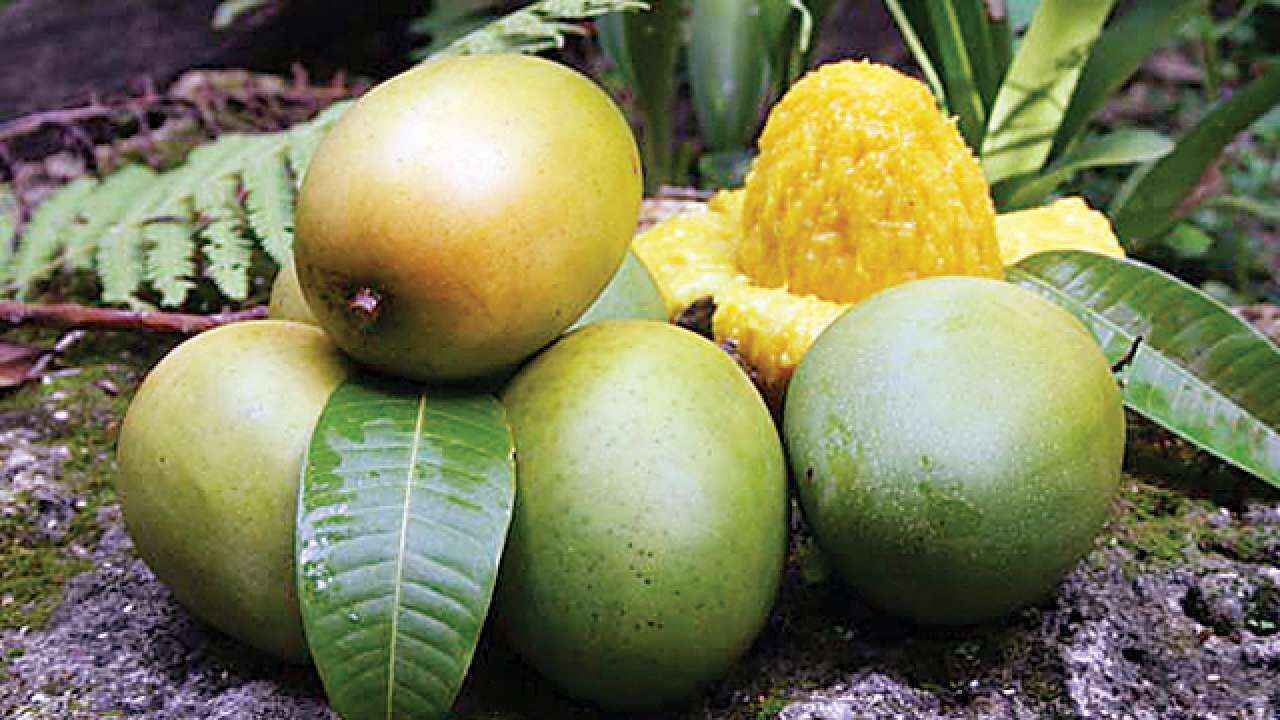



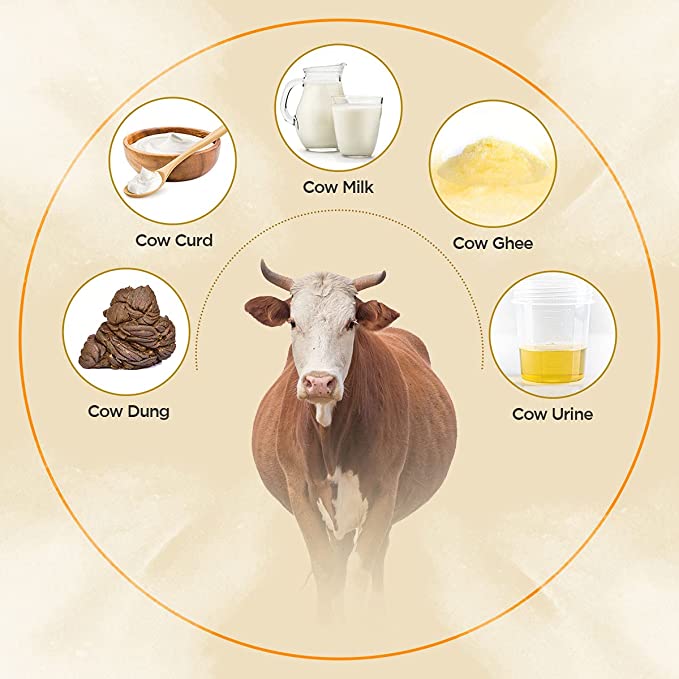
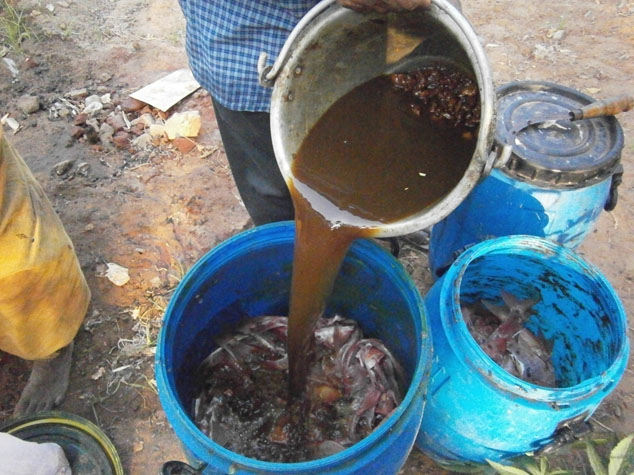

Wow, superb weblog layout! How lengthy have you been running a blog for?